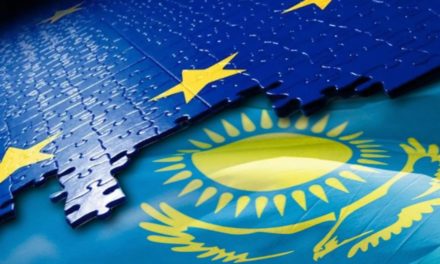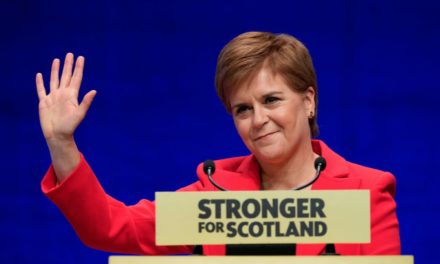Once again, three words sum up the month of December 2020 in Europe: Brexit, Covid, Christmas.
BREXIT
Boris Johnson, aka “Bojo”, the British Prime Minister has finally reached an agreement to leave the European Union. As it is often the case in union negotiations, the agreement was snatched up, at the very end of the negotiation period, and certain annoying subjects were more or less evaded, as we sweep the last bundle of dust under the carpet after vacuuming the living room.
The final pain point was the fishing agreement. The British waters of the English Channel and even more of the North Sea are particularly rich in fish. Their access, or their closure, guarantees the life – or the death – of the economic sector of fishing in many coastal countries (France, Belgium, the Netherlands, Denmark mainly).
This agreement allows Great Britain to access the European Market without customs duty (globally), a bit like other free trade agreements that Europe has been able to sign elsewhere, in particular with the Canada.
The obvious conclusion is: it is possible to leave the European Union without being instantly annihilated. The 336 million Europeans who do not belong to it will agree (that includes Russia, Ukraine and Belarus – but there are still 100 million left if you remove them). Perhaps this will prompt the European Union to listen even more carefully to the voices of the peoples of Europe and to stop playing the silly “me or nothing” game.
COVID
The UK couldn’t leave without leaving a little gift behind. It will be called the “English variant”: it is a variation of the Covid which is characterized by a much higher contagiousness than the previous Covid.
Continental European countries have tried to avoid it by closing their airspaces to travelers arriving from Britain on Christmas Eve, but without success. This also generated a pretty mess in transport (mainly air but also rail, via the Shuttle). This air hazard (many people have found themselves in great difficulty in transit airports or very far from their place of residence) will unfortunately not encourage Europeans to book plane tickets rapidly …
The good news, however, is the arrival of vaccines and the launch of vaccination campaigns. We can foresee a definitive exit from COVID at the end of next spring and a return to normal this summer.
Christmas and New Year Eve
Europe having Christian roots – this is an affirmation, not a question – Christmas is celebrated there widely and corresponds to a period of high consumption divided between gifts offered to children and loved ones, and gourmet purchases for gourmet dinners for Christmas and New Years Eve on December 31st.
European governments have had to juggle two totally irreconcilable imperatives: limiting human contacts, particularly in closed spaces, to limit the spread of this damn virus, and let Europeans do their shopping in order to promote business life – or should we rather write “survival” ?
This big gap can only generate oddities (to put it politely) and discontent: supermarkets, department stores and public transports overcrowded versus pubs and restaurants closed and without any possibility of offering the slightest partial opening, even with reduced capacity, plexiglass between guests and other adapted measures. No, nothing, nada.
This is how the winter sports resorts found themselves closed on the French and Italian side of the Alps but open on the Swiss and Austrian sides. Go figure it out.
Happy new year 2021
All Europeans were keen, in the first days of 2021, to deepbury 2020 and wish each other a much better year 2021. That’s all we can wish them indeed.







